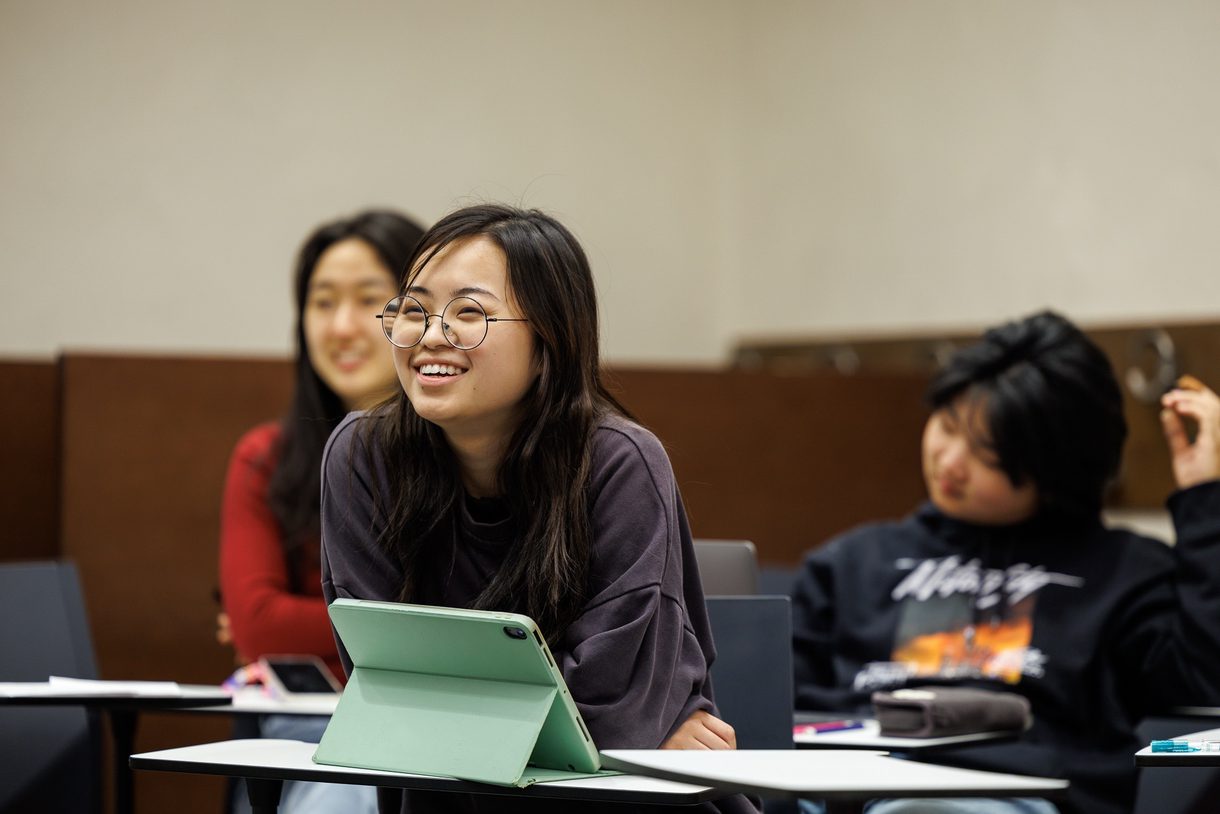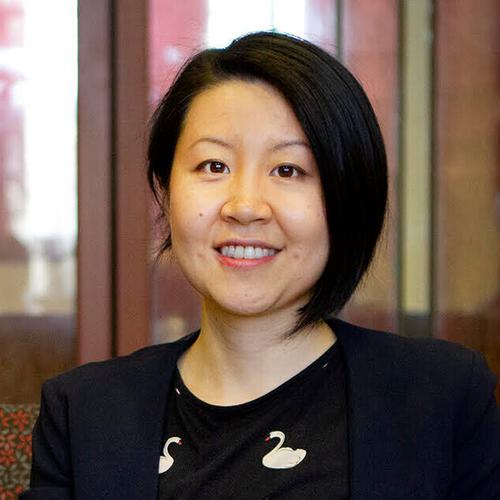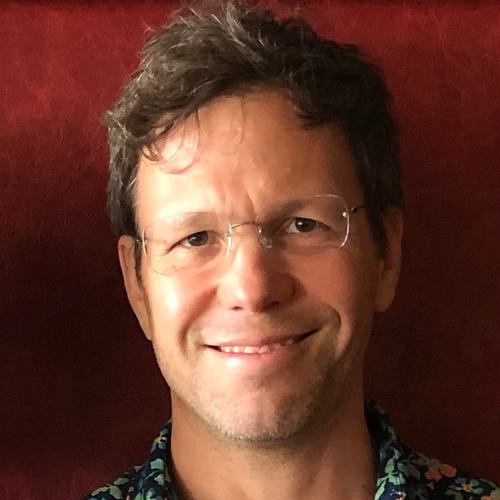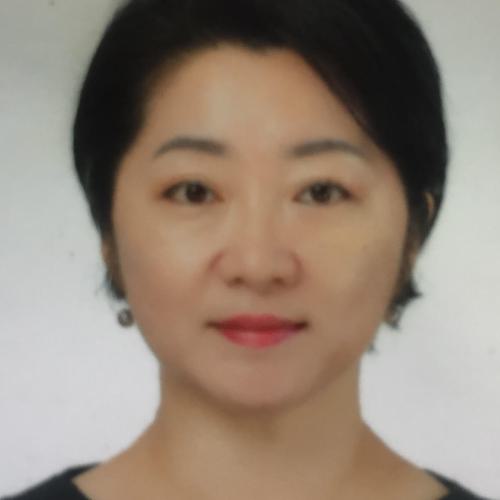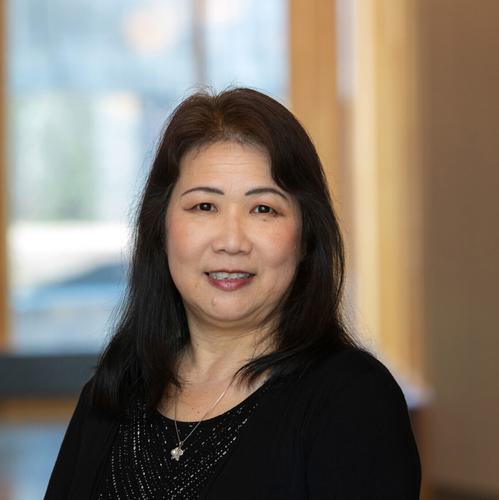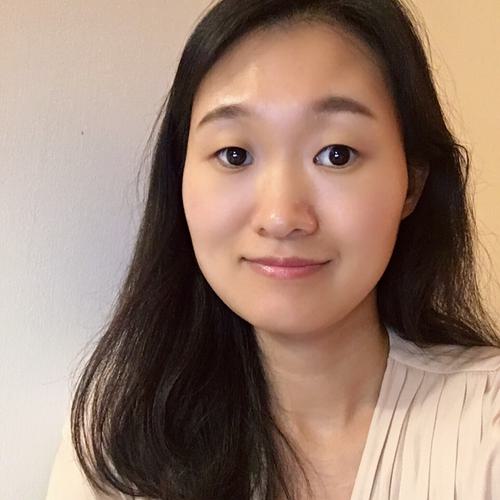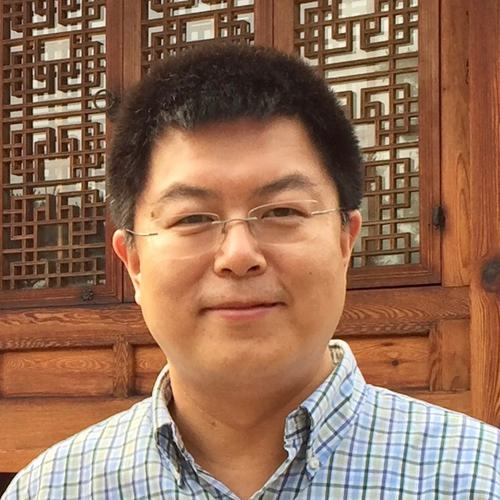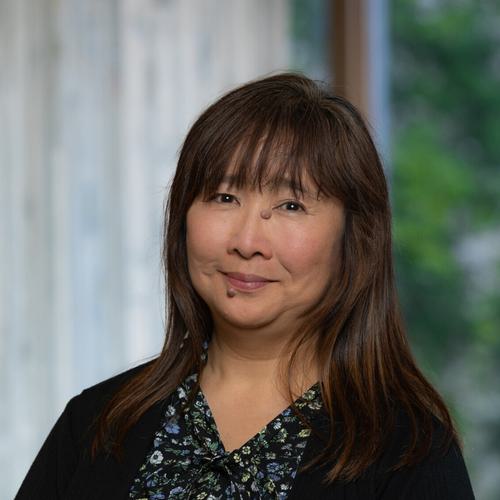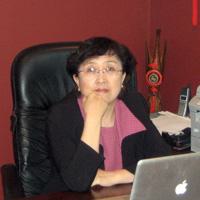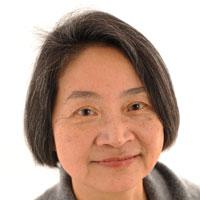East Asian Languages & Cultures
Academic Department Introduction
The languages and cultures of China, Japan, and Korea play a critical role in our increasingly interconnected world. The East Asian Languages and Cultures (EALC) Department offers an immersive study of Chinese, Japanese, and Korean, from beginning to advanced levels. By the fourth year, students are adept readers who are able to express themselves with sophistication on a range of topics, both orally and on the page. In courses taught in English, students learn about all aspects of ancient and modern East Asian culture.
Many EALC students spend a summer, semester, or year abroad in a country where their chosen language is spoken. This opportunity connects students with people in their host countries while immersing them in the language and culture. Many students complete their major or minor credits while abroad, enabling them to take more elective courses (or focus on their other major) when they return to Wellesley.
Learning goals
- Understand literature, articles, social media, film, and other material in the target language.
- Present ideas in the target language.
- Master levels of formality appropriate to specific social and professional settings.
- Understand East Asian classical traditions as well as modern literature and culture.
- Identify salient marks of East Asian national cultures and draw connections among them.
- Assemble research materials in both English and primary language courses.
Programs of Study
EALC major
Students follow one of three tracks: Chinese language and culture, Japanese language and culture, or Korean language and culture. In each track, they learn a language and explore sociocultural practices through coursework and study abroad experiences.
Options for minor
Students majoring in another discipline can minor in Chinese language and culture, Japanese language and culture, or Korean language and culture.
Course highlights
Gateways to East Asia (in English)
EALC221
What does it mean to live life to its fullest capacity - personally, socially and ethically? What does it mean to succeed? To fail? To love? To fight? To dream? In search of answers to these questions, we read the classic foundational texts of China, Japan, and Korea from Confucian and Taoist philosophy to romantic tales, harrowing diaries and exquisitely crafted haiku. Bringing our knowledge as a China and a Japan specialist to bear, we formulate critical perspectives on key works with the goal of understanding East Asian culture as a whole and as different regional expressions. Join us as we explore the complexities of East Asian identity while discovering something about the big questions we all confront today wherever - and whomever - we are.
-
Seminar: The Chinese Script - A History of Writing in East Asia and Beyond
EALC346
This course narrates three thousand years of writing practices, with the Chinese script—the shared writing system in premodern East Asian—as a through line. We will focus on the social implications of writing, investigating questions such as how writing transformed political systems and interacted with ordinary people. Units and topics of this course include: mechanics of writing systems, empire formation and writing standardization, reading and writing practices in East Asia, evolving relationships between writings and (local, vernacular, and national) languages, writing as a technology, cross-cultural interactions and receptions, and finally, writing and gender. For the past two millennia, East Asia has been a source of media innovation. As we migrate with the Chinese script from bamboo slips onto paper, from printed books onto computer screens, we will tackle the theoretical toolkit and historical precedents for examining our current age of media disruption. (CPLT 346 and EALC 346 are cross-listed courses.) -
Seminar: The Posthuman in Contemporary East Asian Culture
EALC328
The posthuman points to a deep crisis of humanism. Its most powerful critique targets the fundamental malfunction of the existing social order, epistemological paradigm, and modes of governance, production, trade, and culture that have menaced the human conditions and harmed the planetary ecological system. The posthuman thinking in an East Asian context motivates a reevaluation of various modernity projects and reconsiders the position and potentials of humanity in terms of planetary consciousness. In contemporary East Asian culture, posthuman images are particularly applied to reflections concerning the deteriorating ecological system, evolution or devolution enabled by mutations of the political economy, and above all, an awareness of multiplicity that replaces the human-centric singular form of globalization. This seminar guides students to rethink about concepts like gender, sex, class, race, and species in the emerging cultural contexts of the Chthulucene, the Neo-Baroque, virtual reality, digital consciousness, and the metaverse. The course integrates theoretical studies to case analyses of literary works, films, TV dramas, video games, and digital artworks from Korea, Japan, Taiwan, Singapore, Hong Kong, Mainland China, and the Asian diaspora across the Pacific. (CPLT 328 and EALC 328 are cross-listed courses.)
Research highlights
-

Professor Eve Zimmerman studies how female writers refashion the category of “girlhood” in postwar Japanese fiction, manga, and memoir. Her translation of “Remaining Flowers” by Nakagami Kenji can be found in the Penguin Collection of Contemporary Japanese Fiction (2020).
-

Professor Heng Du’s current book project, Paratext and the Transformation of Early Chinese Writings, explores the intentions of the nameless thinkers and compilers involved in manuscript production.
Opportunities
-
Mayling Soong Foundation
Funding for summer study in Asia is available from Wellesley’s Mayling Soong Foundation, named for Mayling Soong Chiang, class of 1917, who became first lady of China.
-
Ted Wang Fellowship
Students interested in international careers spend a semester at one of our partner institutions in China, Japan, or Korea, gaining advanced knowledge of the culture and language. Fellows receive a stipend to cover the expenses of networking with professionals in their host country.
-
Internships
We offer internships and fellowships for students and graduates to work at the National Palace Museum in Taipei, teach English in Nanjing, and teach English in Hong Kong.
-
On campus
Residential language corridors, student organizations, and dining hall language tables offer opportunities to practice speaking skills outside the classroom.
Beyond Wellesley
Beyond Wellesley
EALC graduates follow a wide range of career paths that draw upon their language and culture knowledge, working in diverse fields, such as journalism, finance, medicine, law, academia, scientific research, diplomacy, politics, library science, computer programming, and IT.
Recent Employers
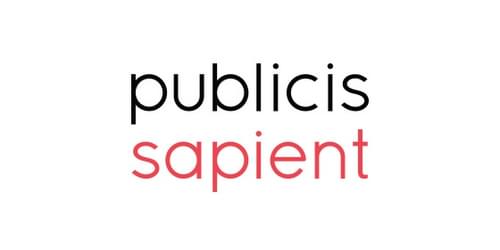
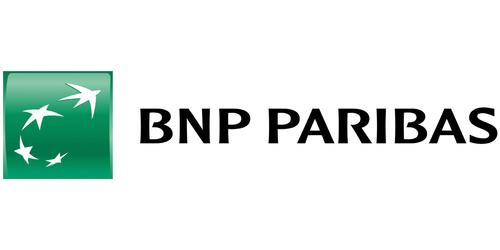




For more
We are pleased to present our annual newsletter, Brushstrokes!
Want to stay connected? If you use social media, you can now follow us on Facebook and Instagram.
What have you been up to? We would love to hear from you. Please contact our academic administrator Anna (hpark12@wellesley.edu) with items for the next edition of the newsletter.
East Asian Languages & Cultures Alumnae Corner
This site is dedicated to recent EALC and EAS alumnae, what they studied at Wellesley and how it impacted their post-graduate lives.
Are you an EALC/EAS alum? Send us your story!
106 Central Street
Wellesley, MA 02481
